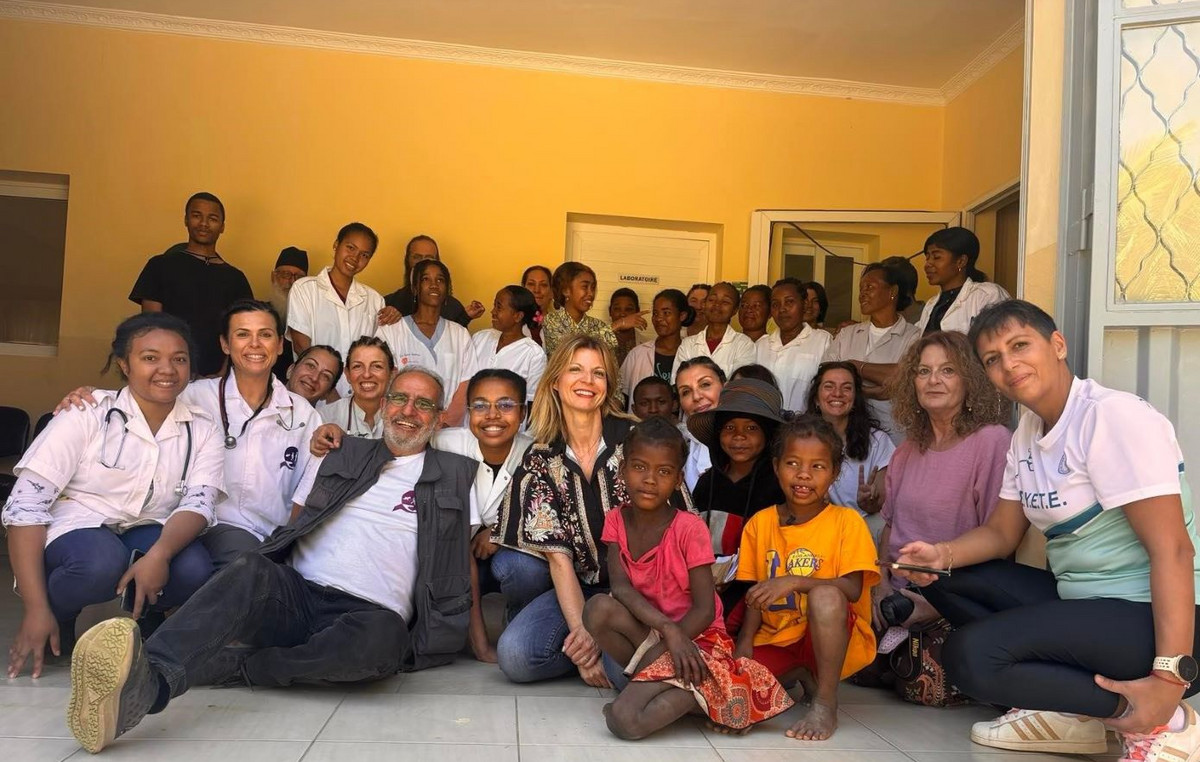Chinese regulators are trying to revive the struggling housing market with new bond guarantees for a select group of six developers: Longfor Group Holdings, Country Garden, Sino-Ocean, CIFI Holdings, Seazen Group and Gemdale.
Investors, however, think it will take a lot more to lift real estate out of its worst slump in years.
Many of the companies in the sector in China are struggling, and more than 30 of them have stopped paying interest on bonds issued in dollars to the market.
Even the strongest private sector developers face challenges selling new debt as bond prices tumbled and interest rates soared.
In recent days, a flurry of Chinese developers large and small have issued profit warnings.
The Chinese government plans to help at least six developers raise money by offering full guarantees on their domestic sales of yuan-denominated bonds, according to people familiar with the matter.
The guarantees do not apply to dollar-denominated debt.
Longfor Group Holdings, the first company to take advantage of the new device, on Tuesday launched a bond sale to raise up to 1.5 billion yuan, equivalent to $219 million, according to the deal’s prospectus. .
The Beijing-based developer, founded in 1993, said it plans to use the money to build the project and pay off its domestic and international debt. The rates of return on its new medium-term notes range from 3% to 4.3%.
News of the guarantees, which will be provided by China Bond Insurance, a state-owned company, last week pushed up dollar bond prices from several developers — but most still remain at deeply worrying levels.
The average yield of an ICE BofA index of dollar bonds of Chinese companies classified as junk stood at 26.6% yesterday.
Goldman Sachs analysts noted in a report on Monday that while the initiative could be useful, “the scale is too small.”
The pilot program is designed to help the country’s private sector developers raise money domestically and limit the contagion of those who have defaulted.
Many investors have shunned real estate since late last year, and borrowing costs from private companies for longer-dated bonds have risen sharply since June.
Private developers have issued the equivalent of $3.1 billion in domestic bonds in the year to date, Wind data shows. That’s just 17% of the amount they raised over the same period in 2021.
By contrast, state-owned developers are on track to raise about the same amount as last year, as investors are more confident they will pay off their debts.
Access to bond market finance, however, is not the biggest problem facing private entrepreneurs. Pre-sales for the six developers chosen by regulators — like those of their peers — have plummeted in recent months.
Fitch Ratings and Moody’s Investors Service recently lowered the international credit ratings of Country Garden Holdings Co. and Sino-Ocean Group Holding Ltd. for investment grade junk.
“For private developers, gaining access to funding is like being placed on life support,” said Yao Yu, founder of YY Rating, an independent Chinese credit research firm. “Just improving sales can really save their lives.”
The latest collateral plan raised other difficult questions, pointing to an apparent divergence in regulators’ attitudes toward different developers, said Nicholas Chen, an analyst at debt research firm CreditSights.
Title guarantees offered to developers deemed by Chinese regulators to be of higher quality — and therefore more likely to survive the industry downturn — are likely to help them weather the crisis, Chen said.
But developers in deeper trouble, including those who have gone into default, are getting support focused more on helping them complete unfinished homes.
The selection of six so-called “model developers” also runs the risk of sending a signal to investors about the outliers, even when the excluded companies have not defaulted.
“Of course, there is a possibility that investors will think there is a blacklist now that you have defined a whitelist,” said Yao of YY Rating. Source: Dow Jones Newswires.
Source: CNN Brasil
I am Sophia william, author of World Stock Market. I have a degree in journalism from the University of Missouri and I have worked as a reporter for several news websites. I have a passion for writing and informing people about the latest news and events happening in the world. I strive to be accurate and unbiased in my reporting, and I hope to provide readers with valuable information that they can use to make informed decisions.







